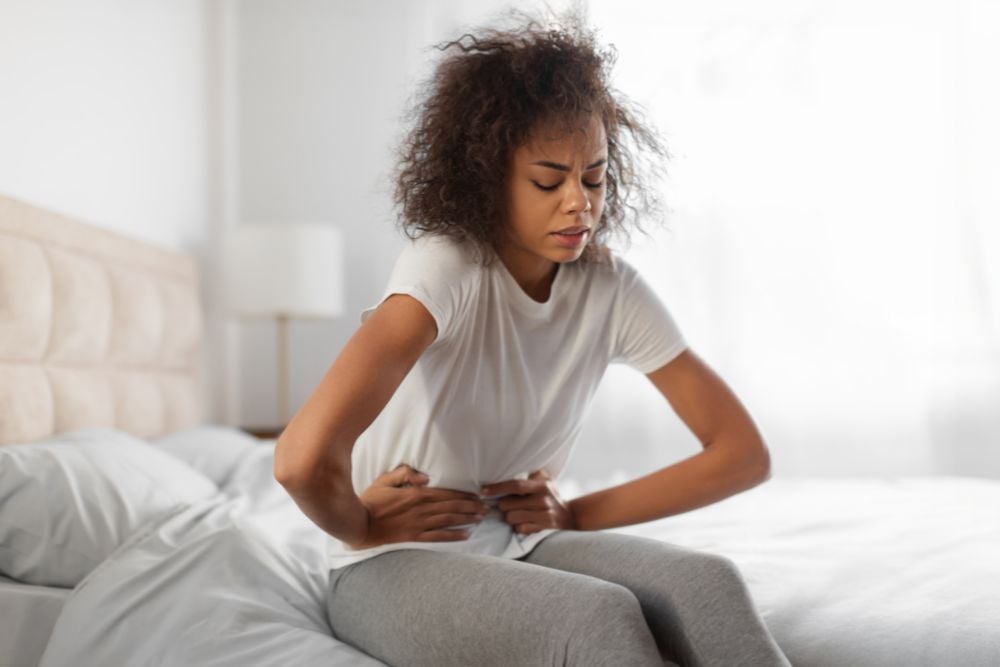Can You Be an Egg Donor If You Have Endometriosis?

If you’ve been diagnosed with endometriosis and are thinking about becoming an egg donor, you might be wondering whether the condition could affect your eligibility. While every case is unique, endometriosis often introduces medical challenges that make egg donation inadvisable. It can pose health risks to the donor and, in many cases, may also affect the success of the donation. Because of these concerns, many clinics—including Egg Donor America—recommend against moving forward with egg donation if you have endometriosis. The desire to help someone else build a family, especially someone you may never meet, is an incredibly generous and compassionate act. But just as you care for others, it’s equally important to protect your own health and well-being.
How Endometrosis Affects Ovarian Reserve and Egg Quality
Endometrosis can negatively impact both the quantity and quality of eggs, particularly when the condition affects the ovaries, forming cysts known as endometriomas. These cysts can damage healthy ovarian tissue and compromise egg quality, reducing the number of viable eggs available. Even in the absence of visible endometriomas, the chronic inflammation caused by endometriosis can create a hostile environment in the pelvic cavity. This inflammation may interfere with egg development and maturation, ultimately lowering the chances of successful fertilization and embryo development.
Health Risks of Donating Eggs With Endometriosis
Beyond concerns about egg quality, there are real medical risks for potential donors, especially those with endometriosis. The hormonal treatments used to stimulate the ovaries for egg retrieval can potentially worsen endometriosis symptoms, leading to increased pelvic pain and discomfort. Additionally, endometriomas and scar tissue caused by endometriosis can make the egg retrieval procedure more complex or painful.
Next Steps If You Have Endometriosis
If you have endometriosis and are considering becoming an egg donor, your first step is to speak with a fertility specialist or reproductive endocrinologist. They’ll help assess your ovarian reserve, hormone levels, and overall reproductive health. Even if you’re not eligible to donate due to endometriosis, there are still many meaningful ways to support those on their fertility journeys, including becoming an advocate, sharing your story, or exploring other ways to help.